To provide the best experiences, we use technologies like cookies to store and/or access device information. Consenting to these technologies will allow us to process data such as browsing behaviour or unique IDs on this site. Not consenting or withdrawing consent, may adversely affect certain features and functions.
The technical storage or access is strictly necessary for the legitimate purpose of enabling the use of a specific service explicitly requested by the subscriber or user, or for the sole purpose of carrying out the transmission of a communication over an electronic communications network.
The technical storage or access is necessary for the legitimate purpose of storing preferences that are not requested by the subscriber or user.
The technical storage or access that is used exclusively for statistical purposes.
The technical storage or access that is used exclusively for anonymous statistical purposes. Without a subpoena, voluntary compliance on the part of your Internet Service Provider, or additional records from a third party, information stored or retrieved for this purpose alone cannot usually be used to identify you.
The technical storage or access is required to create user profiles to send advertising, or to track the user on a website or across several websites for similar marketing purposes.
 The Transdisciplinary Workplace Research (TWR) Network will gather September 16-20 2020 in Weimar, Germany to develop solutions for the thorniest strategic and tactical issues in office design, planning, and ways of working. TWR2020 is an important opportunity for both practitioners and researchers to move their professional work forward in meaningful ways. The conference will take place with all attendees present in Weimar (pictured). If required the conference will be electronic, with appropriate adjustments in registration fees and reimbursements made. (more…)
The Transdisciplinary Workplace Research (TWR) Network will gather September 16-20 2020 in Weimar, Germany to develop solutions for the thorniest strategic and tactical issues in office design, planning, and ways of working. TWR2020 is an important opportunity for both practitioners and researchers to move their professional work forward in meaningful ways. The conference will take place with all attendees present in Weimar (pictured). If required the conference will be electronic, with appropriate adjustments in registration fees and reimbursements made. (more…)





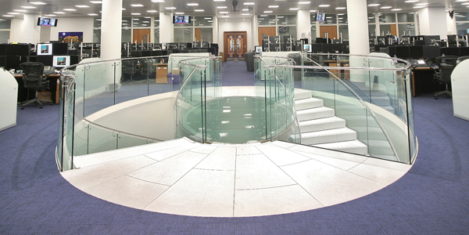
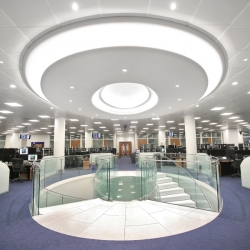

 A new study by Mercer claims the COVID-19 pandemic and subsequent uncertainty are accelerating changes in the way organisations around the world are working and will continue to work into the future. Particularly in challenging times, employers are focusing on their workforce, specifically fostering healthy lifestyles, supporting financial wellness and providing skills and training as careers change due to AI and technology developments.
A new study by Mercer claims the COVID-19 pandemic and subsequent uncertainty are accelerating changes in the way organisations around the world are working and will continue to work into the future. Particularly in challenging times, employers are focusing on their workforce, specifically fostering healthy lifestyles, supporting financial wellness and providing skills and training as careers change due to AI and technology developments. 



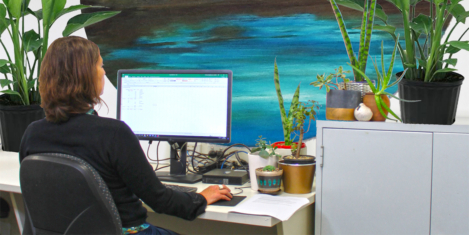


 Despite holding firm in 16th place, the UK is being outpaced by greater improvements in female employment prospects in other OECD countries, according to PWC’s latest
Despite holding firm in 16th place, the UK is being outpaced by greater improvements in female employment prospects in other OECD countries, according to PWC’s latest 

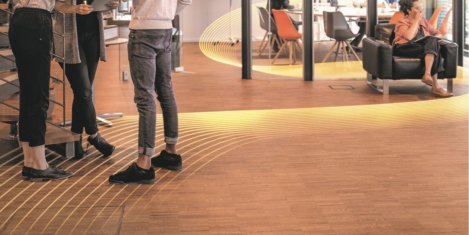
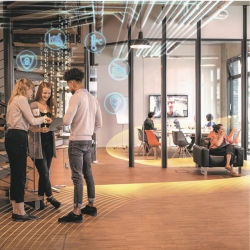
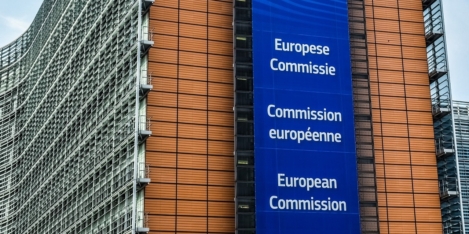
 The European Commission has put forward a strategy to promote the development of AI and robotics while putting people first and defending European values and rights. The strategy acknowledges that AI can open up new opportunities for businesses and bring solutions to challenges such as climate change. However, it aims to address the social, legal and ethical impact of new technology.
The European Commission has put forward a strategy to promote the development of AI and robotics while putting people first and defending European values and rights. The strategy acknowledges that AI can open up new opportunities for businesses and bring solutions to challenges such as climate change. However, it aims to address the social, legal and ethical impact of new technology. 









April 20, 2020
The return from isolation presents us with an opportunity to rethink work
by Dr David Rock • Comment, Wellbeing